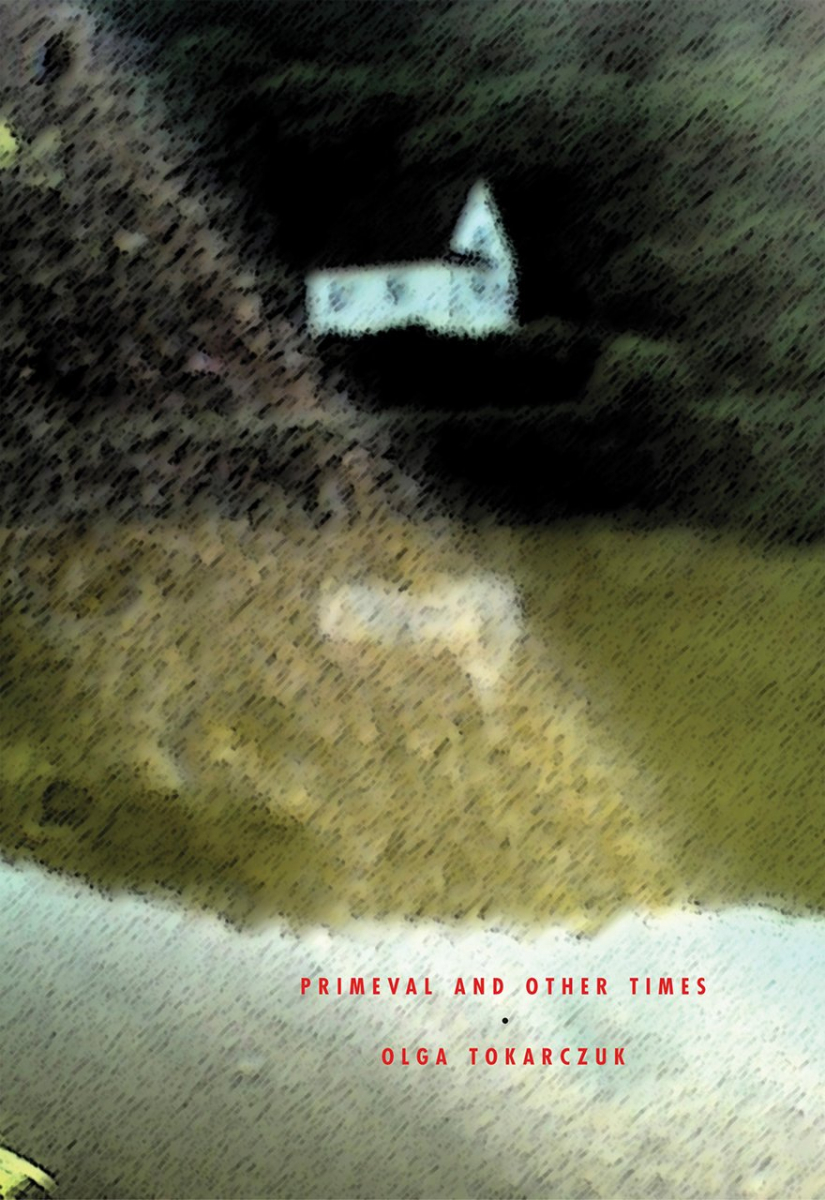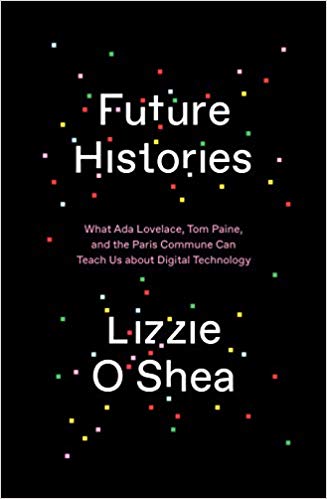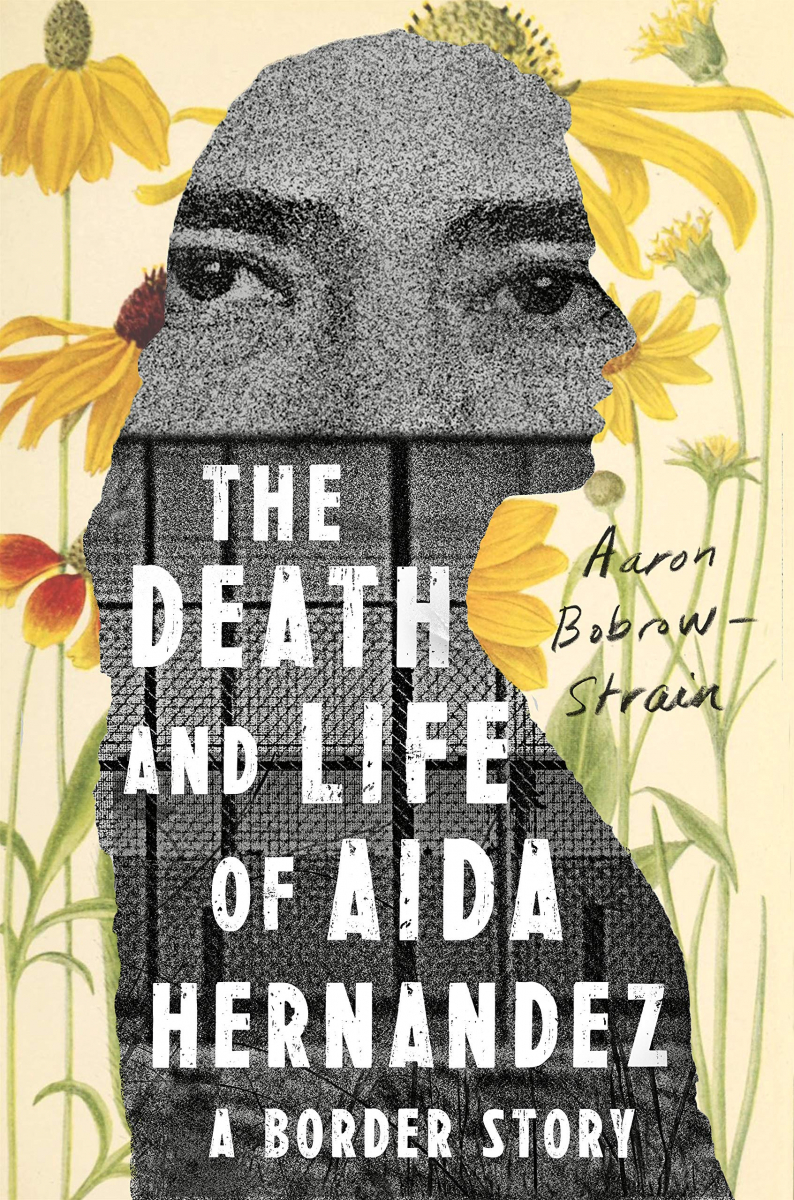
"Over the break I'm looking forward to reading a book about—what else—books."
In anticipation of winter break, we asked Simpson Center-affiliated scholars and staff what books they’re excited to dig into once the end-of-the-quarter frenzy has wound down. Here’s what they said:
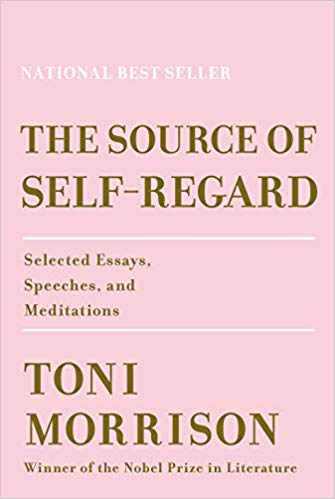 |
Rachel Arteaga, Assistant Director, Simpson Center: "Last winter, I compulsively pre-ordered a hardcover book of essays and speeches. I couldn’t resist the title, and I knew that the author wouldn’t fail me. The book is The Source of Self-Regard by Toni Morrison. A speech from 2005, included in the selections, has stayed with me. It’s called “Hard, True, and Lasting,” and in it Morrison explains that in her own writing, “in order to reveal what seems to me the hard and the true and the lasting things, I am drawn to describing people under duress, not in easy circumstances.” Since her passing in August, my gratitude for her unflinching work has only deepened, and I’ve returned to this collection again and again." |
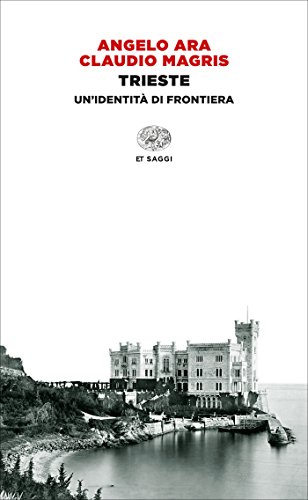
|
Michael Biggins, Affiliate Professor, Slavic Languages & Literature "Over the holidays I’ll be reading Claudio Magris’s Trieste, un’identità di frontiera, published in 1982 and supposedly one of the first works about Trieste by an Italian author ever to make a serious effort at encompassing the broad totality of the city’s complex cultural heritage, including its very considerable and age-old Slovenian presence. I’ll also be reading 2018 Nobel Prize winner Olga Tokarczuk’s Primeval and Other Stories (Prawiek in inne czasy in Polish) in preparation for the January meeting of a local Central European book club that I helped organize and belong to, which we’ve dubbed Stories from the Heart of Europe. Anyone with an interest in Central European literature, or in a particular book that’s on our reading/discussion agenda, is more than welcome to join us. Our schedule of meetings and authors/books up for discussion at each one are posted on Facebook here." |
|
|
Sarah Grace Faulk, Administrative Assistant, Simpson Center: "I am reading Future Histories by Lizzie O’Shea. It’s about the internet and the conditions it emerged from, how it’s shaping our lives now, and how we can regain control of our data. It’s so wild. One of the most fun history books I’ve read in a while—very fresh and enthralling!" |
|
|
Ben Gardner, Associate Professor, School of Interdisciplinary Arts & Sciences, UW Bothell "I’m reading The Death and Life of Aida Hernandez by geographer Aaron Bobrow-Strain. Combining journalism and ethnography, Bobrow-Strain tells the story of Aida Hernandez, whose life moves across the US-Mexico border. This novelistic book grapples with the complexity of the current immigration debate in profound and inspiring ways. As a geographer and ethnographer, I admire the author’s deeply engaged commitment to context, history and the power of narrative." |
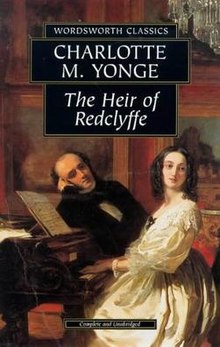 |
Laura Gehrke, Graduate Student, English: "Over winter break, I'm planning to re-read The Heir of Redclyffe by Charlotte Yonge. This 1853 novel was one of the most popular novels of the Victorian period, but it’s mostly forgotten today. The appeal of the tension between the flawed but humble Guy Morville and his upright but punitive cousin Philip seems like it should carry over into the twenty-first century. I intend to find out when I teach this novel next quarter, which is why I'm reading it again." |
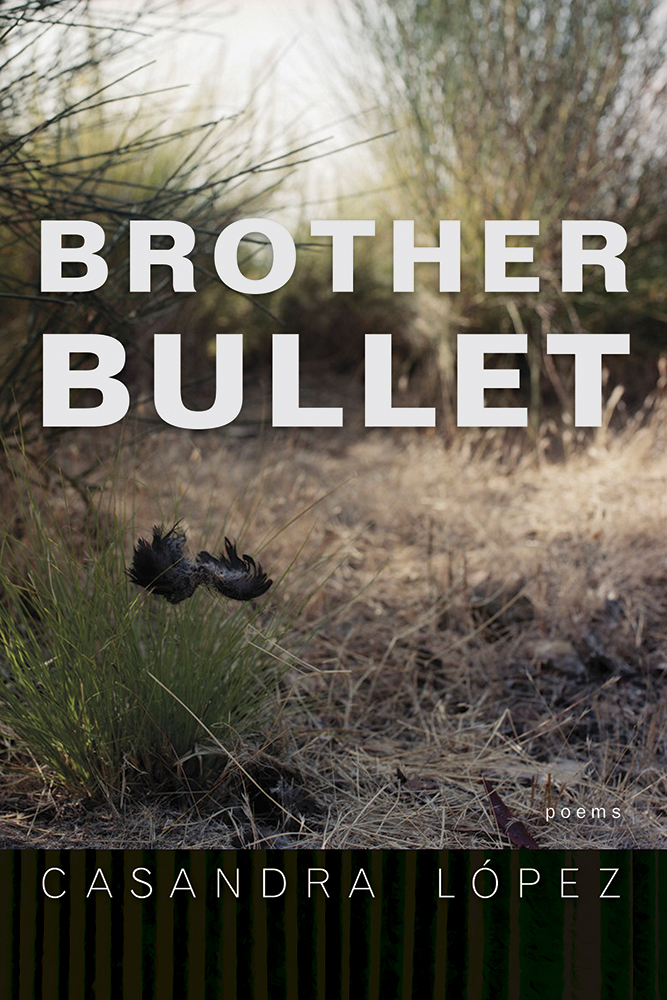 |
C.R. Grimmer, Instructor, English "I am going over the “fun reading” desk copies I have for teaching Winter Quarter. One poetry book that is heavily influencing my students and will likely stay on my course text offerings is the book of poems by Casandra Lopez, Brother Bullet. Lopez is a Chicana and California Indian (Cahuilla/Tongva/Luiseño) writer who’s received support from CantoMundo, Bread Loaf and Jackstraw. Brother Bullet is her debut poetry collection, and her willingness to both critique the circulation of marginalized trauma while writing from her experience with violence and trauma has been a powerful book for students to think about how we make meaning in contemporary texts and lives. She was also generous enough to record a public-facing video and podcast episode for student use." |
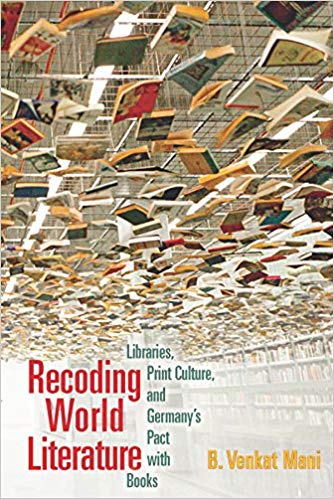 |
Jason Groves, Assistant Professor, Germanics "Over the break I'm looking forward to reading a book about—what else—books. Recoding World Literature: Libraries, Print Culture, and Germany's Pact with Books (Fordham UP, 2017) is by Venkat Mani and I’m reading Recoding in anticipation of his visit to UW in May, when he’ll talk about hyperlinked readings in the time of refugees. The book opens with a fascinating image of a Soviet bookmobile arriving in Mani’s hometown of Haridwar, India in 1984. What follows is an elaboration of the concept of bibliomigrancy, the circumstances of literature's circulation, and literature's involvement in globalizing power politics. I'm really curious to see how we get from the Soviet bookmobile in Haridwar to the German National Library." |
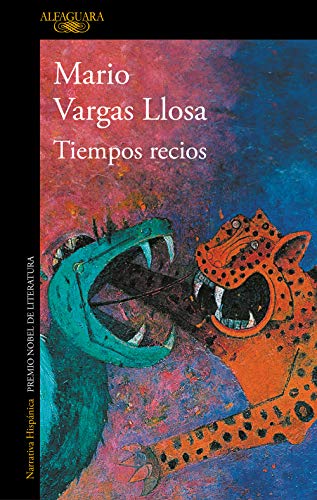 |
Jesús Hidalgo, Graduate Student, Spanish & Portuguese "I’m currently reading Mario Vargas Llosa's Tiempos recios (2019). Despite winning the Nobel Prize in Literature in 2010, Mario Vargas Llosa has written mediocre novels lately (El héroe discreto and Cinco esquinas, published in 2013 and 2016, respectively, are uninspiring and dull). However, the storytelling in his recent historical novels, including El Paraíso en la otra esquina (2003) and El sueño de celta (2010), is actually quite decent. When I learned that this year he was publishing another historical fictional book that is connected to La fiesta del chivo (published in 2000 and perhaps his last masterpiece), I decided to give Tiempos recios a shot. Ninety pages in, I'm glad I did! Set in Guatemala during the Cold War, it offers a sharp perspective about the problematic relationship between the U.S. and left-wing democratic governments in Latin America during that period. Vargas Llosa is back!" |
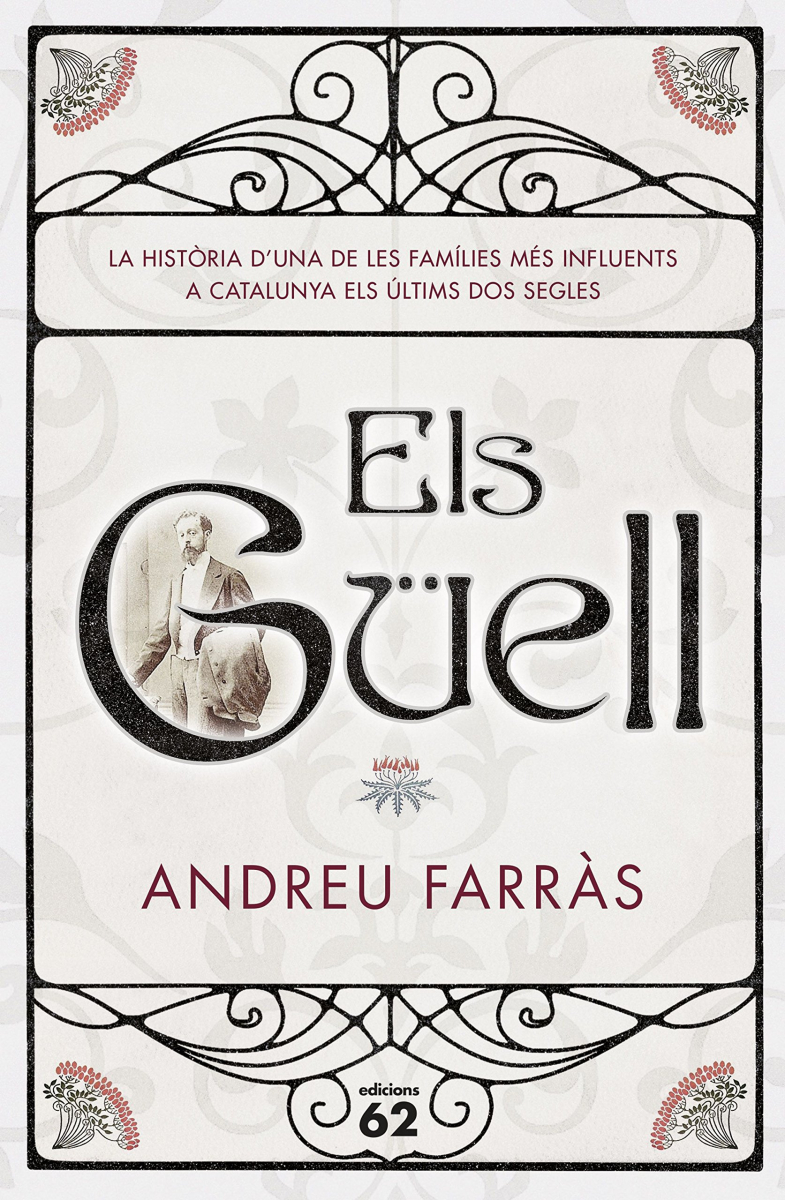 |
Leigh Mercer, Associate Professor, Spanish & Portuguese "Over the break, I’m reading Els Güell, written by journalist Andreu Farràs. This history of the Güells is top of my reading pile because, besides being in Catalan (a language I'm still learning and need to read more of), it looks at one of the most influential families in the last 200 years in Barcelona. Many people know the Güell name because of Park Güell, Antoni Gaudi's utopian city garden experiment, today a major tourist attraction in Barcelona, and indeed the Güells were the most important patrons of Gaudí's architectural wonders. However, the Güells were also some of the last Spaniards to be associated with the slave trade, as well as major players in national politics during both the Franco dictatorship and during the transition to democracy in Spain in the 1970s. This biography, more of a pleasure read for me, is also tangentially connected to my growing interest in the sites and practices of tourism in Catalunya from the nineteenth century to the present day." |
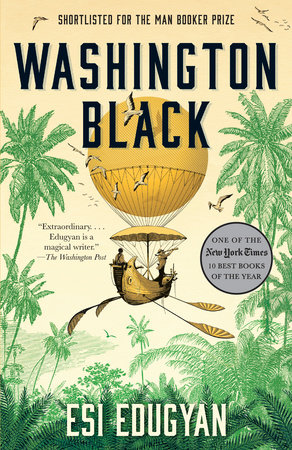 |
Ron Krabill, Professor, School of Interdisciplinary Arts & Sciences, UW Bothell "Right now I’m reading Washington Black by Esi Edugyan and A Complicated Kindness by Miriam Toews, both of which are EXCELLENT!" |
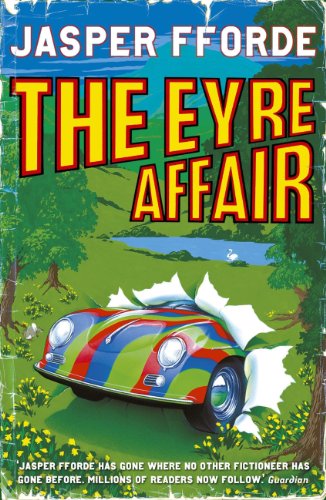 |
Charles LaPorte, Associate Professor, English "I have been reading Jasper Fforde's Thursday Next series: a completely whackadoodle genre-bending set of literary comic novels. It’s alternate universe sci-fi literary metafiction: super nerdy, super fun. Someday I might teach Fforde's The Eyre Affair as a lighthearted follow-up to Jane Eyre, which I assign pretty often. My dad's recent death reminds me that I've also been meaning to read the Montreal poet Jason Camlot's book of elegies for his father, What the World Said. That's next on my list." |
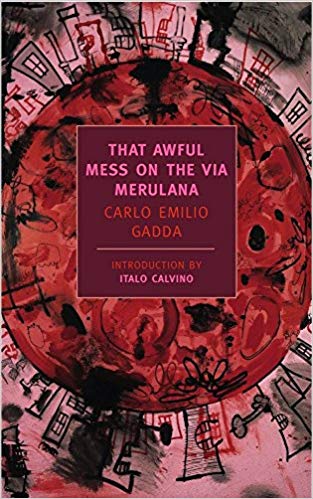 |
Caitlin Palo, Program & Events Manager, Simpson Center: "This winter I'm spending two days in Rome (and three in the hills outside the Eternal City), so I asked a Seattle Public Librarian for an Italian book recommendation. I asked for a book with a high sense of place, atmospheric and contemporary—or at least, more contemporary than Ancient Rome. As examples of the literary mood I was looking for, I cited Paolo Sorrentino's 2013 film La grande bellezza and Tana French's Dublin Murders. From this mess of information the librarian recommended That Awful Mess on the Via Merulana by Carlo Emilio Gadda, translated by William Weaver. Ten pages in, I'm already enjoying this crime novel which is "not" Italo Calvino warns in his introduction, a "who done it," but, in words lifted from Gadda's first chapter, a novel of "that system of forces and probabilities which surround every human creature, and which is customarily called destiny." Even if you don't pick up this particular book, I highly recommend the recommendation power of the librarians at the SPL for your winter reading selections!" |
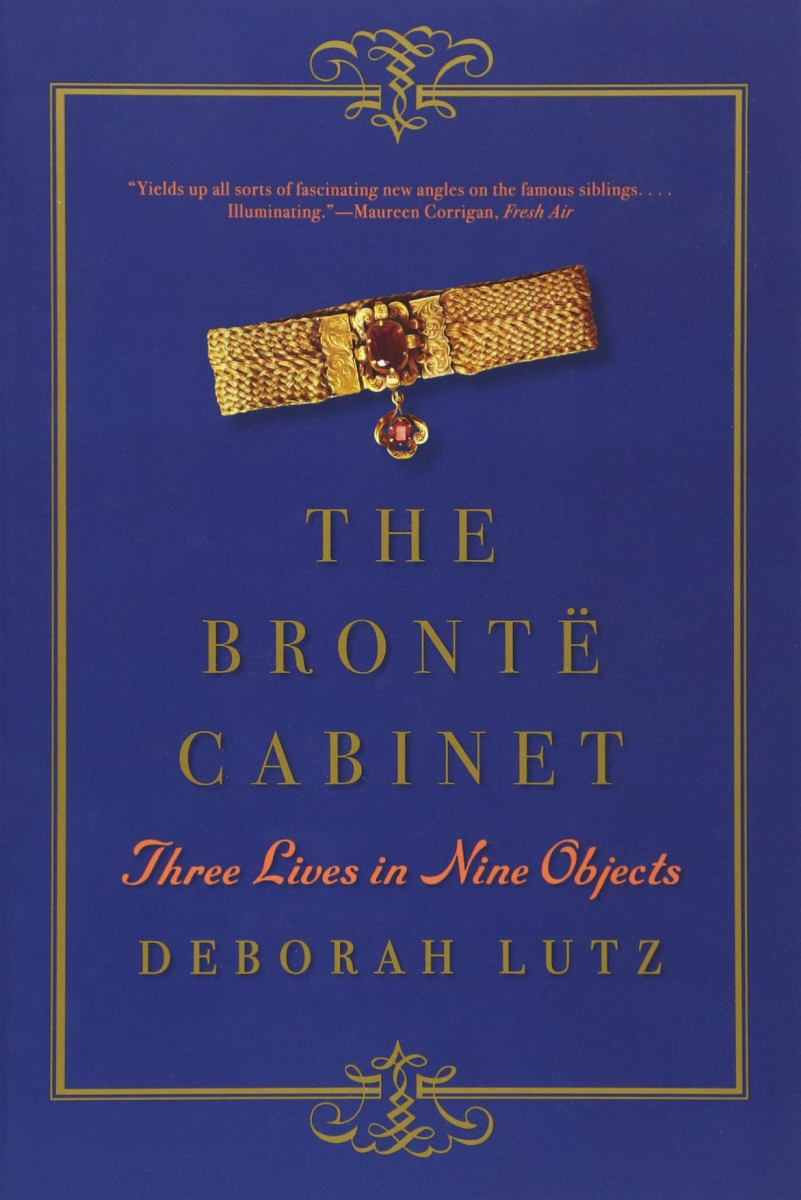 |
Matt Poland, Graduate Student, English "I have to have a non-dissertation book that I dip into most days or I get depressed. Right now, I'm reading Deborah Lutz's The Brontë Cabinet. This is a biography of the Brontë sisters told through objects that were part of their daily lives: their letters, their portable desks, the tiny notebooks they made as children to scribble stories in, a bracelet made of Emily and Anne's hair woven together that Charlotte wore until she died young. It's a fascinating account of the thingliness of Victorian life, full of insight into big things, like how penny postage stamps changed personal relationships by making mailing letters more accessible, and small things, like what Emily's devotion to her scrappy bull terrier, Keeper, might tell us about the animalistic relationships in Wuthering Heights. I was moved to learn that, when Emily died at 30 from tuberculosis, Charlotte let Keeper sit in the pew next to the family at her funeral. Poised between academic and popular writing, Lutz eloquently describes the vibrancy of stuff and its ability to make the past meaningful. I guess since I work on material culture and am planning to teach Wuthering Heights this winter, I haven't succeeded at finding a non-work book to read before bed. But The Brontë Cabinet is such a joy that I don't mind." |
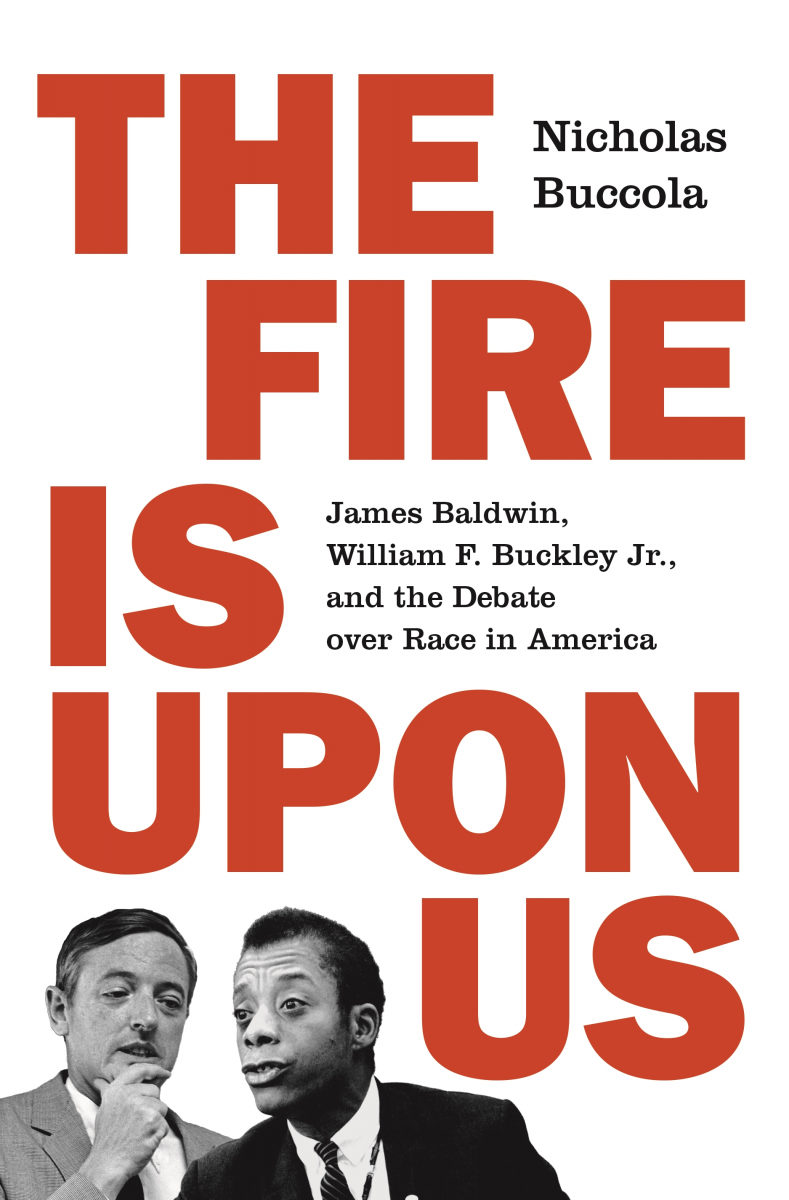 |
Joel Schlosser, CHCI-ACLS Fellow, Simpson Center "This break, I'm thrilled to read Nicholas Buccola’s The Fire is Upon Us, which tells the story behind the famous debate between William F. Buckley and James Baldwin, held at the Cambridge Union in February 1965. This debate pitted the leading literary voice of the Civil Rights Movement against one of its fiercest critics, as well as America's most influential conservative intellectual. A political theorist, Buccola not only tells this remarkable story with verve, but opens the deeper conflicts around race and the American dream that still haunt us today." |
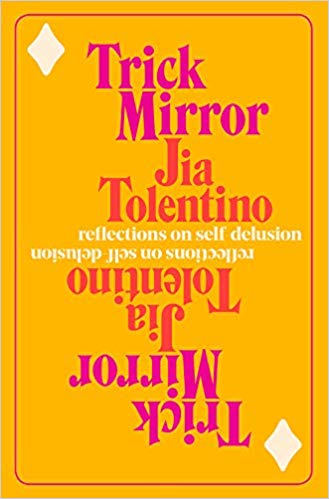 |
Rachel Schlotfeldt, Digital Humanities Program Coordinator, Simpson Center "I've always enjoyed reading Jia Tolentino's pieces in The New Yorker and I'm really looking forward to reading her first book, Trick Mirror: Reflections on Self-Delusion. She does a great job documenting the anxieties of the last digital decade, asking questions about what happens to an individual's sense of self under late capitalism. She offers an unwavering critique of how we have all become complicit in the systems we know are corrupt, but she also sits with our inability to opt out of them. " |
